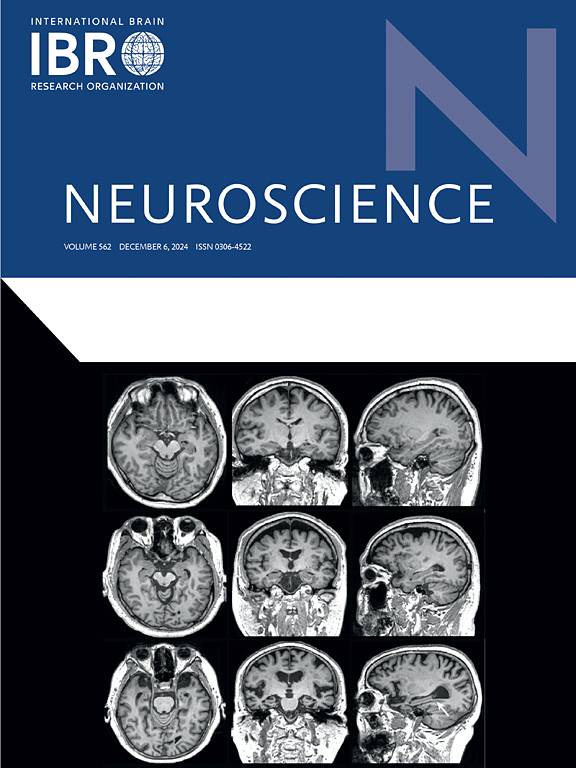认知重评价的年龄相关差异:认知功能的作用及其对情绪调节的影响
IF 2.8
3区 医学
Q2 NEUROSCIENCES
引用次数: 0
摘要
最近关于认知重评价的研究强调了情绪调节策略的年龄相关差异。年轻人往往依赖于更强的执行功能和认知资源,倾向于超然的重新评估策略。相比之下,老年人更倾向于利用自己丰富的生活经验和情绪调节能力,更倾向于采取积极的重新评价。这些策略选择的差异可能与神经活动的年龄相关差异有关。年轻人更多地依赖于前额叶认知控制区来快速抑制情绪反应,而老年人则倾向于通过重建情绪意义来调节情绪,这可能有助于认知重评价中的年龄相关偏好。此外,这些策略使用的差异也可能受到与年龄相关的认知能力下降的影响——这种差异可能与认知功能(如记忆、注意力和执行功能)的年龄相关下降有关,这可能会限制老年人在特定情况下的策略选择。本文系统探讨了认知重评价策略和神经机制的年龄差异,并说明认知功能是影响认知重评价的可能原因。最后,我们讨论了认知训练在增强老年人认知功能方面的潜力,从而优化老年人的情绪调节策略,并为未来的研究提供了方向。本文章由计算机程序翻译,如有差异,请以英文原文为准。
Age-related differences in cognitive reappraisal: The role of cognitive function and implications for emotional regulation
Recent research on cognitive reappraisal has highlighted age-related differences in emotional regulation strategies. Younger adults, often relying on stronger executive functions and cognitive resources, tend to favor detached reappraisal strategies. In contrast, older adults tend to draw on their rich life experience and emotional regulation abilities, and are more likely to adopt positive reappraisal. These differences in strategy selection may be related to age-related differences in neural activity. Young adults rely more on prefrontal cognitive control regions to rapidly suppress emotional responses, whereas older adults tend to regulate emotions by reconstructing their emotional meaning, which may contribute to age-related preferences in cognitive reappraisal. Additionally, these differences in strategy use may also be influenced by age-related cognitive decline—Such distinctions may be associated with age-related declines in cognitive functions, such as memory, attention, and executive function, which can constrain strategy choice for older adults in specific contexts. This review systematically explores age differences in cognitive reappraisal strategies and neural mechanisms, and illustrate cognitive functioning as a possible cause influencing the cognitive reappraisal. Lastly, we discuss the potential of cognitive training to enhance cognitive function in older adults, thereby optimizing their emotional regulation strategies and offering directions for future research.
求助全文
通过发布文献求助,成功后即可免费获取论文全文。
去求助
来源期刊

Neuroscience
医学-神经科学
CiteScore
6.20
自引率
0.00%
发文量
394
审稿时长
52 days
期刊介绍:
Neuroscience publishes papers describing the results of original research on any aspect of the scientific study of the nervous system. Any paper, however short, will be considered for publication provided that it reports significant, new and carefully confirmed findings with full experimental details.
 求助内容:
求助内容: 应助结果提醒方式:
应助结果提醒方式:


